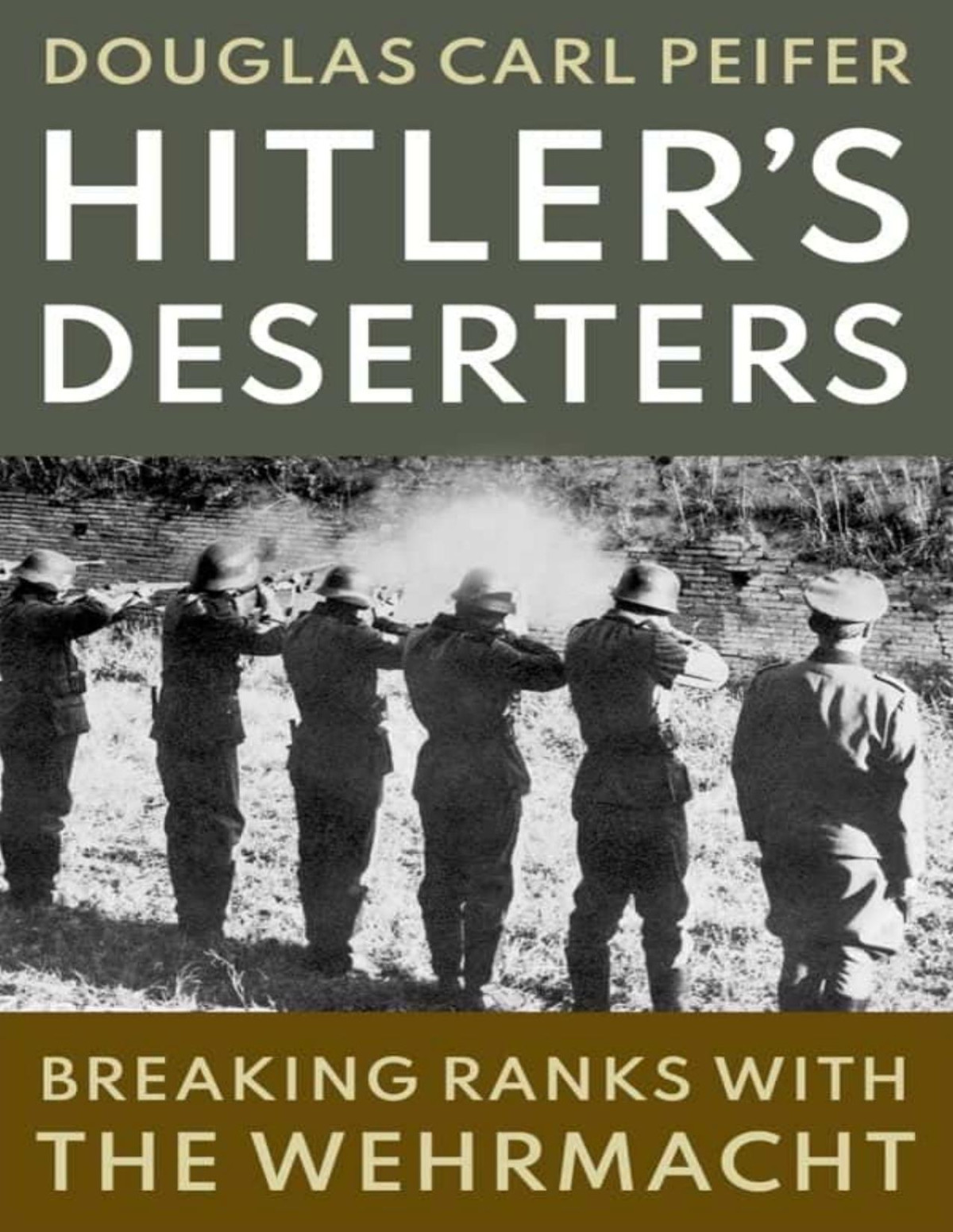

Most ebook files are in PDF format, so you can easily read them using various software such as Foxit Reader or directly on the Google Chrome browser.
Some ebook files are released by publishers in other formats such as .awz, .mobi, .epub, .fb2, etc. You may need to install specific software to read these formats on mobile/PC, such as Calibre.
Please read the tutorial at this link: https://ebookbell.com/faq
We offer FREE conversion to the popular formats you request; however, this may take some time. Therefore, right after payment, please email us, and we will try to provide the service as quickly as possible.
For some exceptional file formats or broken links (if any), please refrain from opening any disputes. Instead, email us first, and we will try to assist within a maximum of 6 hours.
EbookBell Team

0.0
0 reviewsThe first English language account of deserters from the German army during World War II The German military executed between 18,000 and 22,000 of its personnel in World War II on the charges of desertion and "undermining the military spirt." This book examines who these Wehrmacht deserters were, why they deserted, what punishment they could expect, and how German military justice operated.
The German army was not apolitical, but rather a pillar of the Nazi state. Although much attention has been devoted to officers within the military who resisted Hitler–particularly those associated with the July 1944 attempt on Hitler's life–far less attention has been paid to those who refused military service or deserted during the war.
While providing a full account of what constituted desertion, how it was punished, and how many were convicted for the crime, the book makes the Wehrmacht deserter its main subject. It examines their motivations and the paths they took to evade military service, ranging from hiding in the Third Reich, deserting at the front line, or fleeing to neutral Switzerland or Sweden.
After the Second World War, Germans began a generation-long debate about the status that should be accorded Wehrmacht deserters. The topic would be debated between the two Germanies and engaged survivors and perpetrators, playwrights, and judges, those who had stayed in the ranks and those who had not. Was the Wehrmacht a coward, a victim, or a role model?
The book's discussion of this postwar debate has no equivalent in English, as it explains how and why Germany finally decided to overturn military court-martial verdicts from the Second World War fifty years after its conclusion.